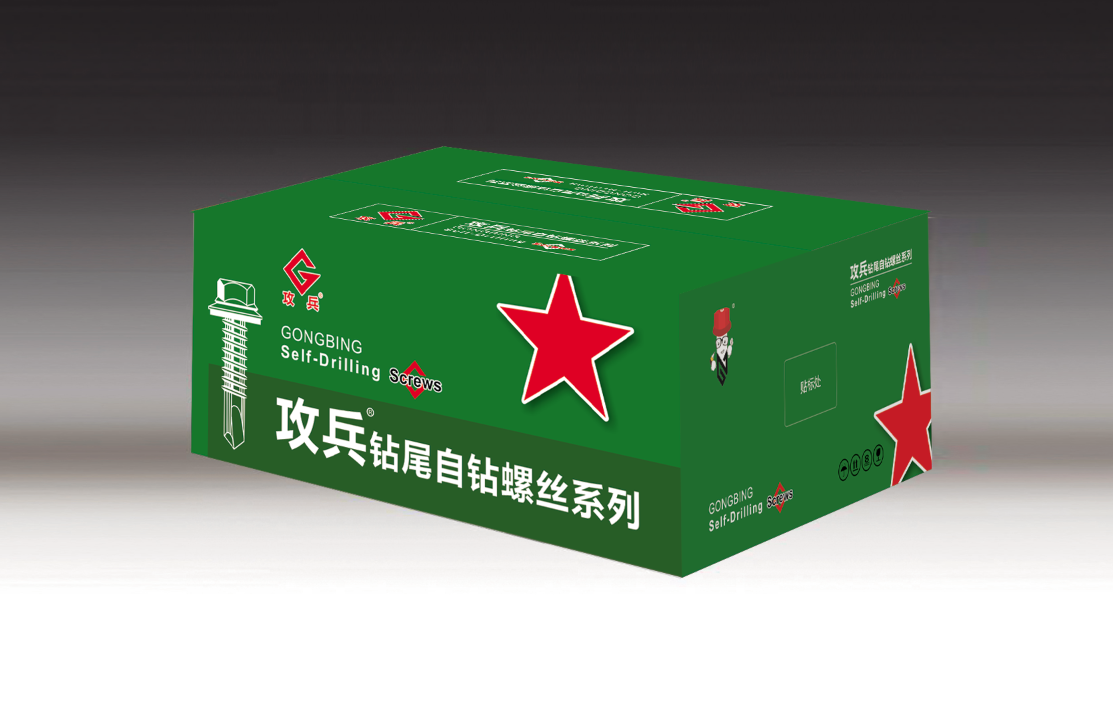Exploring the Benefits and Applications of Self-Driving Screws for Steel Construction Projects
The Rise of Self-Drive Screws for Steel Applications
In the world of construction and manufacturing, the tools and fasteners we choose play a significant role in the efficiency and durability of our projects. Among the various fastening technologies available today, self-drive screws have emerged as a game changer, particularly for steel applications. Their unique design and operational advantages have made them increasingly popular in a variety of sectors, from automotive to industrial construction.
What Are Self-Drive Screws?
Self-drive screws, also known as self-tapping or self-drilling screws, are specialized fasteners that can create their own holes as they are driven into the material. Unlike traditional screws, which require pre-drilled holes, self-drive screws possess sharp, pointed tips and often feature cutting threads and flutes. This innovative design allows them to penetrate tough materials like steel without the need for additional tools or preparation, significantly reducing installation time and effort.
Advantages of Self-Drive Screws for Steel
1. Speed and Efficiency One of the primary benefits of using self-drive screws in steel applications is the speed at which they can be installed. Since they eliminate the need for pre-drilling, projects that involve substantial amounts of steel can progress more rapidly. This efficiency is especially critical in large-scale construction projects, where time is money.
2. Reduced Labor Costs Because self-drive screws simplify the installation process, they can reduce labor costs significantly. Fewer tools and less manual labor mean that contractors can allocate their workforce to other important tasks, maximizing overall productivity.
self drive screws for steel

3. Enhanced Structural Integrity Self-drive screws are engineered to provide strong, reliable connections in metals. Their design allows for superior grip and holding power, minimizing the risk of loosening over time. This structural integrity is particularly important in industries where safety and durability are paramount, such as aerospace, automotive, and heavy machinery.
4. Versatility Self-drive screws are available in a range of sizes, materials, and thread designs, making them suitable for various steel applications, from thin sheet metal to heavy gauge steel structures. This versatility allows engineers and builders to select the optimal fasteners for their specific project requirements, ensuring both performance and aesthetic appeal.
5. Corrosion Resistance Many self-drive screws are treated with coatings or made from stainless steel to enhance their resistance to corrosion. This quality is essential for applications exposed to harsh environments, such as marine or industrial settings, where moisture and chemicals can significantly degrade conventional fasteners.
Applications
The use of self-drive screws extends across numerous applications. In automotive manufacturing, they are employed in body assembly and chassis components. In construction, they are frequently used for framing, roofing, and metal sheeting. Additionally, industries such as electronics, HVAC, and plumbing benefit from the reliability and speed of self-drive screws.
Conclusion
As industries continue to evolve, the demand for innovative fastening solutions grows. Self-drive screws have established themselves as a vital component in the toolkit of modern builders and manufacturers. Their combination of efficiency, ease of use, and reliability make them an outstanding choice for various steel applications. Whether you are involved in large-scale construction or precision manufacturing, embracing self-drive screws can lead to significant improvements in both productivity and the overall quality of work. As technology advances, the future of fastening appears to be in these adaptable, high-performance screws, paving the way for faster and stronger constructions worldwide.
-
Weatherproof Plastic Expansion Anchors for OutdoorNewsJun.06,2025
-
Sustainability in the Supply Chain: Eco-Friendly TEK Screws ProductionNewsJun.06,2025
-
Load-Bearing Capacity of External Insulation FixingsNewsJun.06,2025
-
Double Head Bolts: Enhancing Efficiency in Industrial MachineryNewsJun.06,2025
-
Corrosion Resistance in Chipboard Screws: Coatings for Wholesale DurabilityNewsJun.06,2025
-
Butterfly Toggle Bolts : Enhancing Structural ResilienceNewsJun.06,2025
